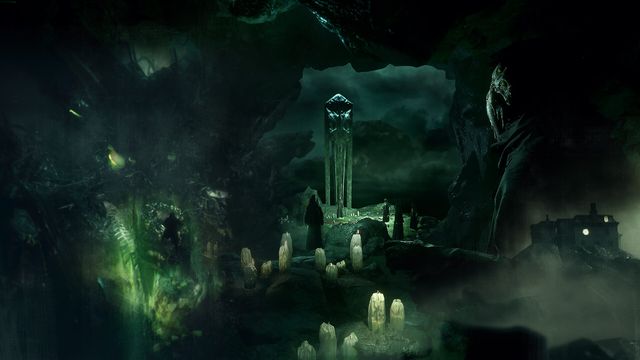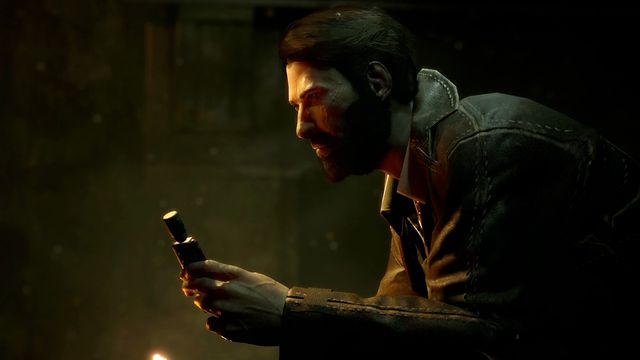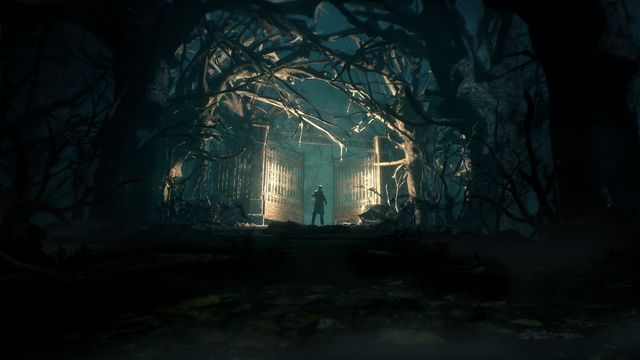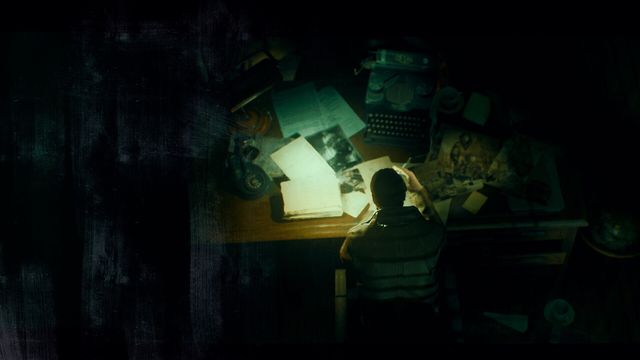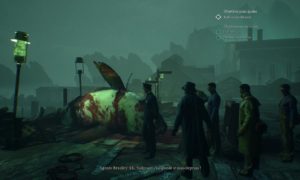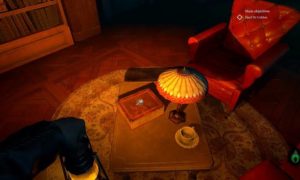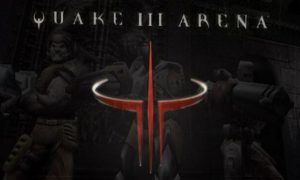The island of Darkwater Programmer Cyanide’s Call of Cthulhu happens, is pretty fishy. The odour does not waft in the death, under mysterious conditions, of a prominent community figure. Nor from the local cult. No, it comes from the literal fish, of which there is an awful lot: gutted, guillotined, strung up, rotting and writhing in mounds. Darkwater might be a proud whaling community, but it could do with a lesson in basic sanitation.
Onto this noxious burgh steps Edward Pierce, a private detective who Hears a higher call. From a feeling of purpose although not from the menace of the title. ‘Are any of those cases worthwhile?’ He asks his bureau handler, brushing off the bread-and-butter jobs that put food — and drink on the table. His analysis pulls at a clammy thread, completed with serviceable point-and-click detective work that has you troweling the moist dark for clues and conversing with the locals as the puzzle takes shape — among Prohibition era bootleggers, corrupt authorities, and also an asylum in which the lion’s share of lunacy is on team.
As in Lovecraft tales, things are at their most delicious And in small minutes: suspicious glances, unexplained goings-on, and the suggestion, however quaint, that the world may come undone due to the contents of a bookshelf. The sport never matches with the slow smoulder of its opening act, which is near-romantically icky. The trees are like claws, each gasoline lamp is ringed with fog and flies, and the stones are draped with blossom. It is the type of dream best soaked in while you are dry and warm. The place is throw in a green color, as if clasped in an empty wine bottle, that is strangely fitting — a tiny world unaware of these forces outside its own brittle bubble.
The sport has arrived, as fate often fancies, as one half of a spiritual couplet. For Infamous, there was Prototype; for Second Sight, there was Psi-Ops; and for Call of Cthulhu, There’s The Sinking City, Which isn’t out until March next year and does not boast the official permit on screen here. However, Cyanide’s head is bowed to the pen-and-paper RPG over Lovecraft’s short story, and as such, role-playing controls the curve of the story in key moments during.
You pile points in to seven classes — Investigation, Spot Hidden, Eloquence, Strength, Medicine, Psychology, and Occultism — and Pierce will either outmuscle his adversaries, create sharper deductions while rebuilding a crime scene, or dabble in the dangers of otherworldly understanding, based on your inclinations. It provides pep to the procedural and, mercifully, does not demand an awful lot of focus.
There isn’t much here, aside from the ancient mood and mystery, that Does; in actuality, the majority of things crumble under scrutiny. The citizens of Darkwater seem the victims not of extra-dimensional beings but of a large-scale cloning experiment run amok, such is the lack of variety in the designs on offer. Every face is the colour of a corpse, and most lines of dialog plod along like a funeral procession.
Even Pierce wants for some character. I Like a man who looks for his fortune in the base of a jar and that seems scruffier, maybe not neater, in a suit, but I could not tell you who Edward Pierce is. He is voiced by Anthony Howell, who supplied that the earthy purr of the equally vacant Jonathan Reid, in Vampyr. Like Reid, Pierce fought in World War I, and you sense the two could get on well — both trying to deal with a mad world, both leaving something of themselves back on the battlefield. Who knows? There isn’t much to him to grab hold of.
It is a shame that Pierce is indeed affectless. The excitement of Lovecraft Is not in creatures beyond comprehension; it is the comprehension itself. It’s in the fraying of individual composure, the collapse of our efforts to codify the chaos, along with the faint, menacing scratching sound at the sparse windows of our expertise. It is a tough brief for a movie game. The solution, as Amanda Ripley discovered in Alien: Isolation, is to climb in the cupboard and wait it out.
It is fitting that Call of Cthulhu must crib the idea from Creative Assembly, but bothersome it muddies the implementation. You can not fight, That means you’ll sometimes have to conceal while a snarling patrol is carried Out, being careful not to remain secluded too long, lest Edward’s mind crumble into mania. But yours will probably succumb before that to irritation. You can not see much through the thick stalks of gamma, and strain shortly turns to boredom. In a wardrobe, no one can hear you groan.
And There’ll be much of that by the time You reach the finale. The fact, like pastry of the game, is slim and Flaky, folding in on itself repeatedly. As the plot’s events Culminated at a cliffside showdown, I was paying more attention to the rocks. They were carved to the shape of books Centuries of fossilised wisdom exerted by the rain. It’s one of a number Of canny pictures that leap out the murk, as though from a helpless dream. You will Be happy to have awakened.

